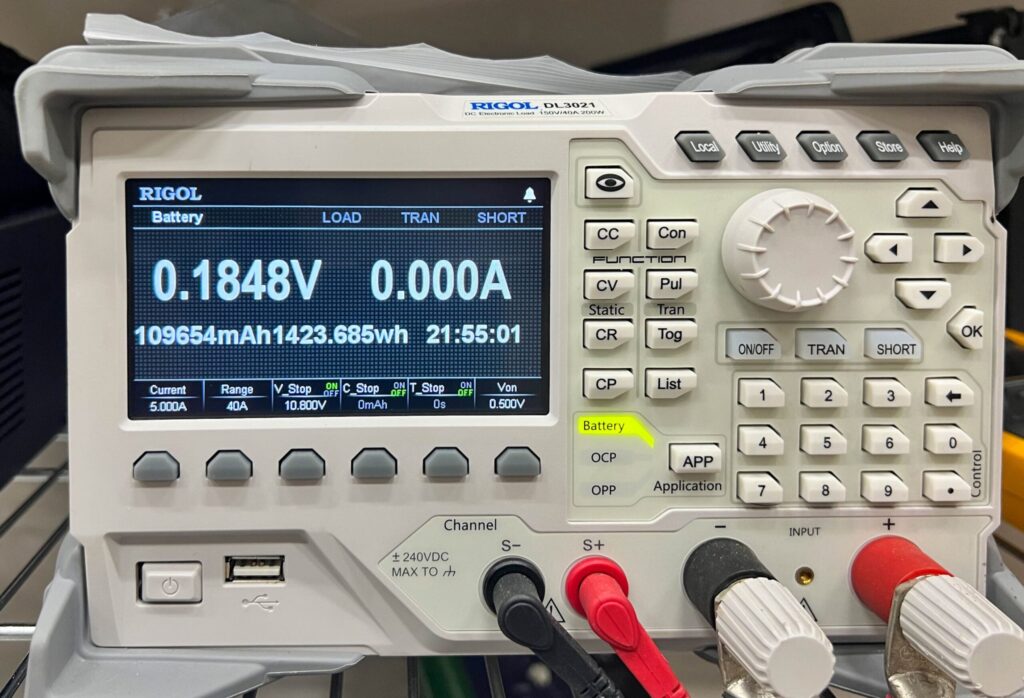In recent years, the evolution of 12V lithium batteries has been nothing short of revolutionary in the realm of energy storage. These compact powerhouses have transformed the way we power our devices and vehicles, offering higher energy density, longer-lasting power, and reduced environmental impact compared to traditional lead-acid batteries. Lithium-ion technology lies at the heart of this transformation. Unlike conventional lead-acid batteries, lithium-ion batteries utilize lithium ions to store and release energy, enabling a more efficient and lightweight solution for energy storage. The 12V lithium batteries, a standard voltage used in various applications, have seen remarkable advancements in their design, materials, and performance.

One significant advancement is the enhancement of energy density. Energy density refers to the amount of energy that can be stored in a given volume or weight. With continuous research and development, engineers have significantly increased the energy density of 12V lithium batteries. This means that these batteries can now store more energy in a smaller, lighter package, making them ideal for portable electronic devices and electric vehicles. Furthermore, the improved energy density has directly impacted the range and efficiency of electric vehicles (EVs). Modern EVs equipped with 12V lithium batteries can travel longer distances on a single charge, addressing one of the major concerns associated with electric transportation. The 12V Lithium Battery evolution of 12V lithium batteries also includes advancements in charging capabilities. Faster charging and reduced charging times have become key objectives in battery technology development. Lithium-ion batteries can now be charged at a much faster rate compared to their predecessors. This is a game-changer for both consumer electronics and electric vehicles, providing convenience and practicality to users.
Moreover, these batteries have seen improvements in their lifespan and durability. Lithium-ion batteries are designed to endure a higher number of charge-discharge cycles without significantly degrading, ensuring a longer usable life. This longevity not only reduces the frequency of replacements but also contributes to a more sustainable approach by minimizing battery waste. In terms of environmental impact, lithium-ion batteries are greener alternatives. They contain fewer harmful substances compared to lead-acid batteries, making them easier to recycle and dispose of responsibly. The shift towards lithium-ion technology supports a more sustainable and eco-friendly approach to energy storage. In conclusion, the evolution of 12V lithium batteries represents a remarkable journey in energy storage, revolutionizing the way we power our devices and vehicles. The advancements in energy density, charging capabilities, lifespan, and environmental impact have positioned 12V lithium batteries at the forefront of modern energy storage solutions. As research and development continue, we can expect even more groundbreaking innovations in the field of lithium-ion technology, further enhancing the efficiency and sustainability of energy storage systems.